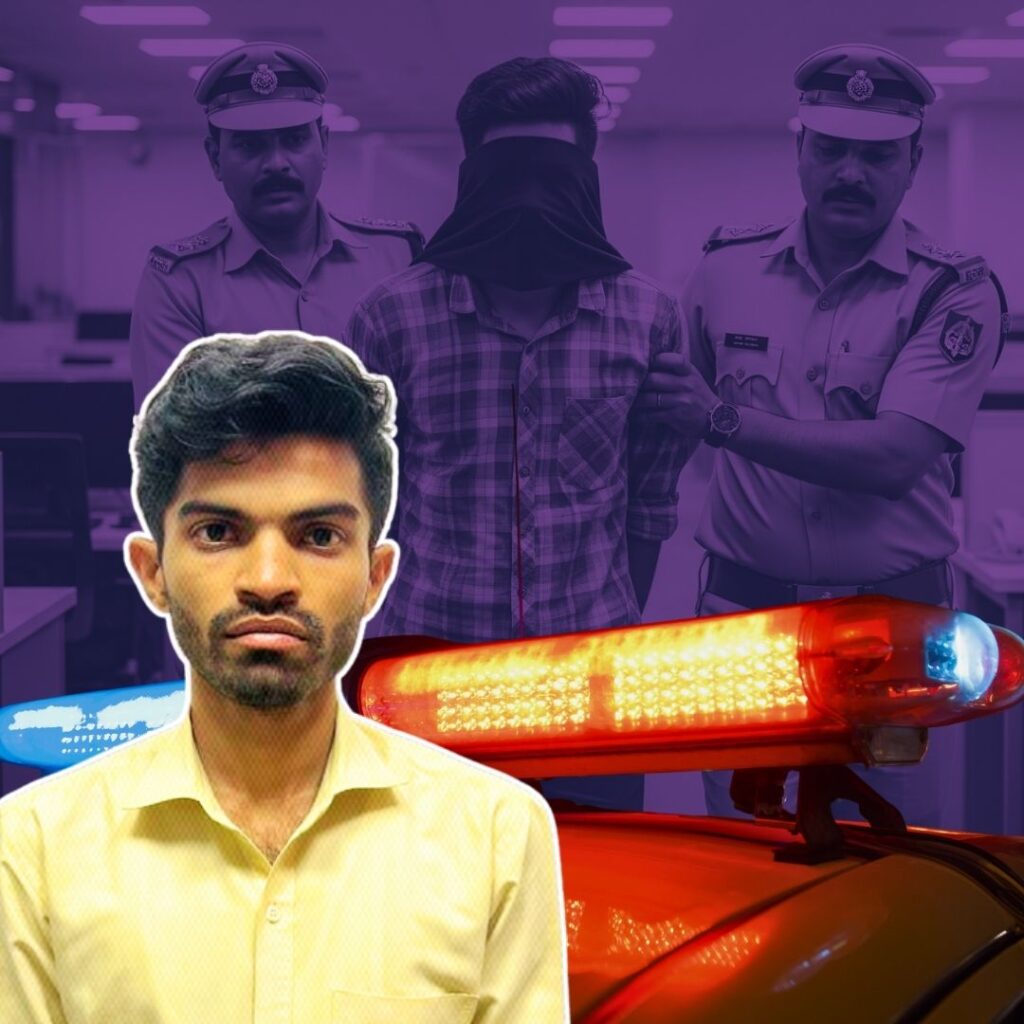2016 saw a rapid transformation in global politics. 2017 will witness many important leadership contests in several countries. The most prominent among them are listed and explained below.
France: The 2017 French Presidential election.
Iran: The 2017 Iranian Presidential election.
Germany: The 2017 German federal election.
The Netherlands: The 2017 Dutch general election.
China: The 19th National Congress of the Communist Party of China.
South Korea: The 2017 South Korean Presidential election.
India: The 2017 Indian Presidential election and Legislative Assembly elections in Uttar Pradesh, Punjab, Goa, Manipur, Uttarakhand, Himachal Pradesh, and Gujarat.
France
Image Courtesy: sputniknews
The 2017 French Presidential election: France works on the two-round voting system. The election on 23 April is the first round. If no candidate wins with a majority, a run-off election will take place on 7 May. The run-off will only be between the top two vote winners from the first round.
The main political parties contesting the election are the Socialist Party, the Republicans, and the National Front. Incumbent President Francois Hollande of the Socialist Party dropped out of the race on 1 December 2015 due to low approval ratings. The Socialist Party is yet to announce its nominee for the election. Following their primaries, the Republicans nominated former Prime Minister Francois Fillon. The candidate of the National Front is Marine Le Pen.
The 2017 French Presidential election will be influenced by the spate of terrorist attacks in Europe in the past two years, economic stagnation, unemployment, and the extended state of Emergency that has been in effect since the November 2015 Paris Attacks. The rise of populism and Euroscepticism are also major players (especially since the victory of pro-Brexit groups in the United Kingdom and the Republican Party in the United States). Le Pen has been vocally advocating for a Brexit-styled referendum in France, and her polling numbers have consistently pointed to chances that she could be eligible for the run-off in May. While the National Front’s rise has already shifted the French politics to the right-wing ideology, a Le Pen victory will invariably up-end European politics.
Iran
Image Courtesy: thefamouspeople
The 2017 Iranian Presidential election will take place on 19 May: Iran’s political system is highly complicated. Essentially, the main elections are to elect the President, the legislature (the Islamic Consultative Assembly), and the Assembly of Experts. The President is the head of Government while the Islamic Consultative Assembly is the chief legislative body. The Assembly of Experts elects the Supreme Leader of Iran, who serves as head of State and for all practical purposes has more power than the President. The Supreme Leader, in turn, selects the 12 members of the Guardian Council. All candidates for the Presidency, the Legislature, and the Assembly of Experts have to be approved by the Guardian Council.
The incumbent President Hassan Rouhani won a landslide victory in the 2013 Presidential election, a surprise victory which was hailed as a landmark event in modern Iranian history. Following the Iran Nuclear Deal struck with the West and the rolling back of West-imposed sanctions, the Iranian economy has been limping forward. However, Donald Trump’s victory and his vocal opposition to the Iran Deal will make the next few years tedious for Iran, which is still struggling with the consequences of the sanctions that have plagued its economy since 1979.
With hard-line factions in disarray, Rouhani is favoured to win a second term should he choose to announce his candidacy. But the candidate fray is yet to be announced, and each of them will have to be approved by the Guardian Council.
Germany
Image Courtesy: fortunedotcom
The 2017 German federal election will take place before 22 October 2017: The German people will elect the 19th Bundestag (German equivalent of the Parliament) in 2017. The majority party in the Bundestag will, in turn, select the next Chancellor of Germany (equivalent to Prime Minister).
The main political parties are the CDU/CSU and the Social Democratic Party. Since 2013, Angela Merkel has led a grand coalition as Chancellor of Germany for the third time since 2005. With the Social Democrats disunited, most polls give Merkel high chances of a fourth consecutive victory.
The issue, though, is the margin of Merkel’s victory – if she wins, that is. A new party called the Alternative for Germany (AfD), infamous for its anti-refugee, anti-EU, and anti-Islam opinions, has gained considerable traction in recent months. In local elections in September 2015, AfD defeated Merkel’s party in her home State. Considering Merkel’s status as de facto leader of the EU and the rise of Euroscepticism across the continent, a Merkel defeat would have international implications.
The Netherlands
Image Courtesy: img.112.international
The …











